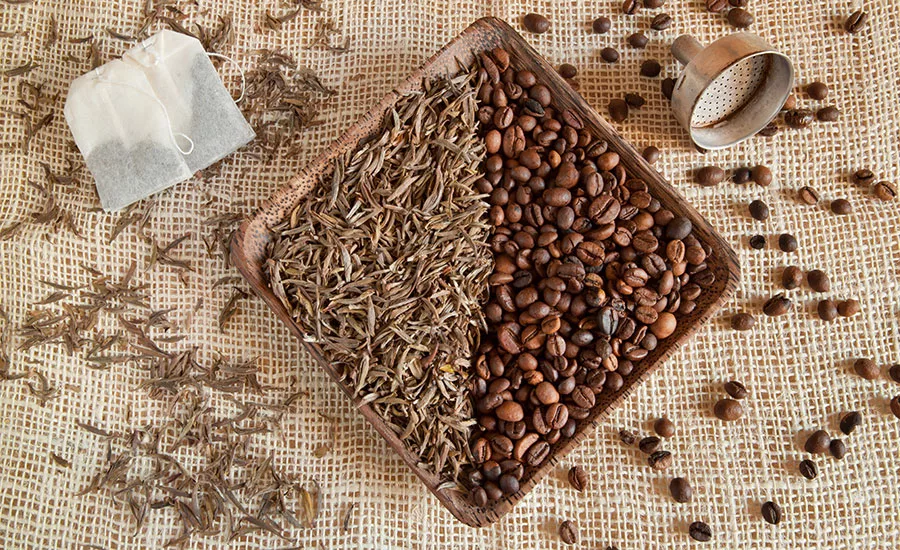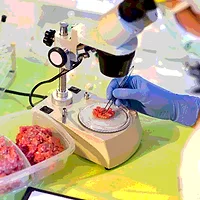Japan Urges Food Manufacturers to Provide Proof of Product Food Safety Credentials

LorenzoT81/iStock / Getty Images Plus via Getty Images
Japan's Ministry of Health, Labor, and Welfare (MHLW) has asked local food manufacturers to provide evidence of food safety credentials for their products in order to use new licensing exemptions for select food categories.
The MHLW recently classified 19 new types of processed food products as exempt from having to apply and obtain a license from the governor, specifically a sealed packaged food manufacturing license. The license is applicable to businesses that produce foods that do not need to be frozen or refrigerated, but are still sold in a sealed packaged format. Such packaging carries a potential risk of developing microbial contamination such as Clostridium botulinum.
In the past, only two types of foods had received this exemption in Japan, usually vinegar and honey products. However, after receiving many applications, the MHLW revised the exemption to include 17 other categories of food including milled rice, brown rice, coffee beans, tea, granular/powdered foods, toasted seaweed, and others.
The MHLW has reached out to food manufacturers from additional packaged food categories to encourage them to submit applications for exemption. In anticipation of these applications, it has published a guide on application requirements.
Applicants must prove that there is no risk of growth of botulism toxins or other anaerobic bacteria without refrigeration or freezing. They will also be required to submit "detailed explanatory material, including any citation of other local laws or regulations, as well as the documentation and/or research results showing the scientific evidence against microbial growth," the MHLW said.
MHLW also encouraged applicants to confirm the documentation and information with the ministry's Food Monitoring and Safety Division before submitting their applications.
Applications for the current round of licensing exemptions are open until February 28, 2022.
Looking for quick answers on food safety topics?
Try Ask FSM, our new smart AI search tool.
Ask FSM →








